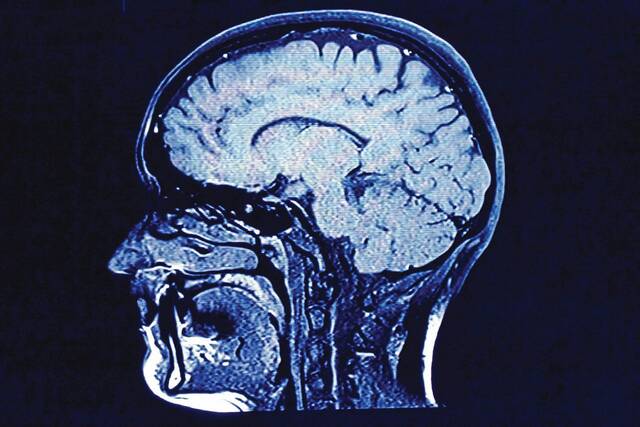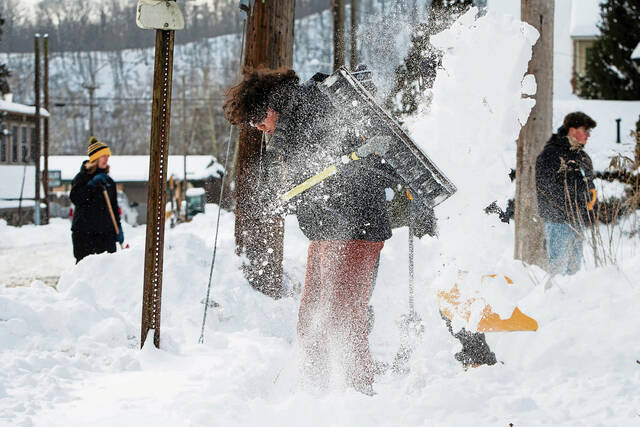When you have a child or a pet that does something wrong, it’s important to address the situation immediately.
Did your son hit his sister? You don’t want to let the fight go on and on and maybe talk about it Saturday. That sends the message the action wasn’t important.
Did your German shepherd pee on the kitchen floor? You won’t house-train him by rubbing his nose in the freshly mopped tile tomorrow. That only confuses him about what he did wrong or what should have happened instead.
With discipline, it’s important to be timely. It reinforces the action and the consequences.
Perhaps Indiana University of Pennsylvania could use a nanny or a dog whisperer to give advice about how to correct the behavior of students.
The university’s cheerleading squad is being disciplined for hazing new members. The rookie cheerleaders were forced to participate in alcohol-related activities. Underage cheerleaders were even required to help purchase kegs of beer — a crime that can mean hundreds of dollars in fines as well as driver license suspension.
The school investigated the hazing, discovering it took place from fall 2023 to spring 2025. The punishment was a “stayed removal of recognition” and restricted activities of the squad for this school year and probation through May 2030.
It sounds stern. But is it? University spokeswoman Michelle Fryling struggled to say whether the cheerleaders would be performing at the Crimson Hawks football games.
That speaks to an inability of IUP to articulate exactly what restriction means — and if the school doesn’t know what the punishment for hazing is, how do the cheerleaders? Indeed, how do any students know?
And this confusion is in addition to the fact the hazing was perpetrated by upperclass students. The university was informed of the actions May 5. Graduation was May 10. University President Michael Driscoll signed an anti-hazing policy June 4, and results of the investigation were released July 10.
That timeline does not teach students not to haze.
It is woefully behind, as Pennsylvania’s Timothy J. Piazza Anti-Hazing Law was signed in October 2018. It followed the death of its namesake at Penn State in February 2017. Piazza was just 19 and died due to alcohol-related hazing at Beta Theta Pi fraternity.
There is no excuse for any Pennsylvania university not having an iron-clad policy that not only walks in lockstep with state law but also gets in front of it by spelling out in stunning detail exactly how hazing will affect the on-campus lives of perpetrators.








